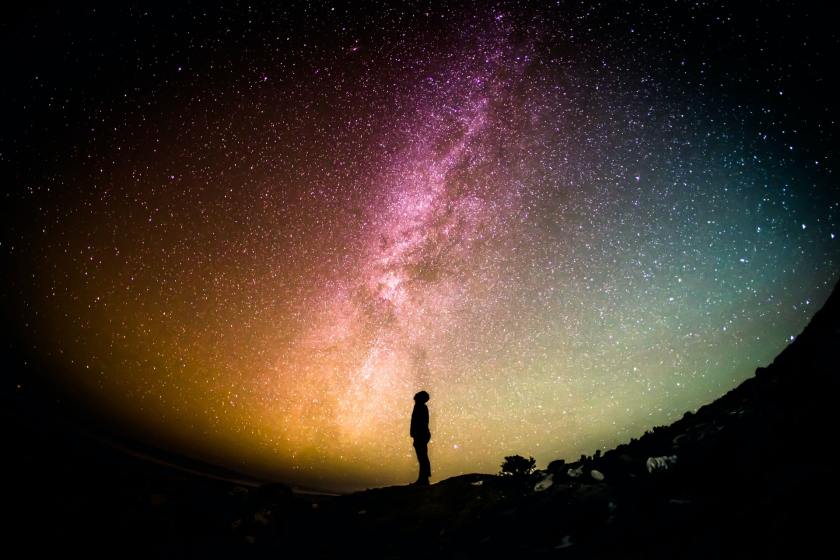I have been a fan and person encouraging the use of signal over the likes of whatsapp. Its been good to me but like every piece of software there are things I would change about them. For example the whole pin code thing is not only concerning but also a real challenge for casual users.
The pin code thing and phone number thing is not that much of a concern for most but I’ve been keeping an eye on others coming into the space. Threema is one such messaging app which seems to have all the privacy and security needed backed with its strong European base in Switzerland.
I wrote it off in my mind because it didn’t have a open code base for security experts to view openly. However that recently changed with them opensourcing the code base.
Because of this change I’m relooking at the Threema, although I don’t think I’ll be dumping Signal as a result but rather using both?







